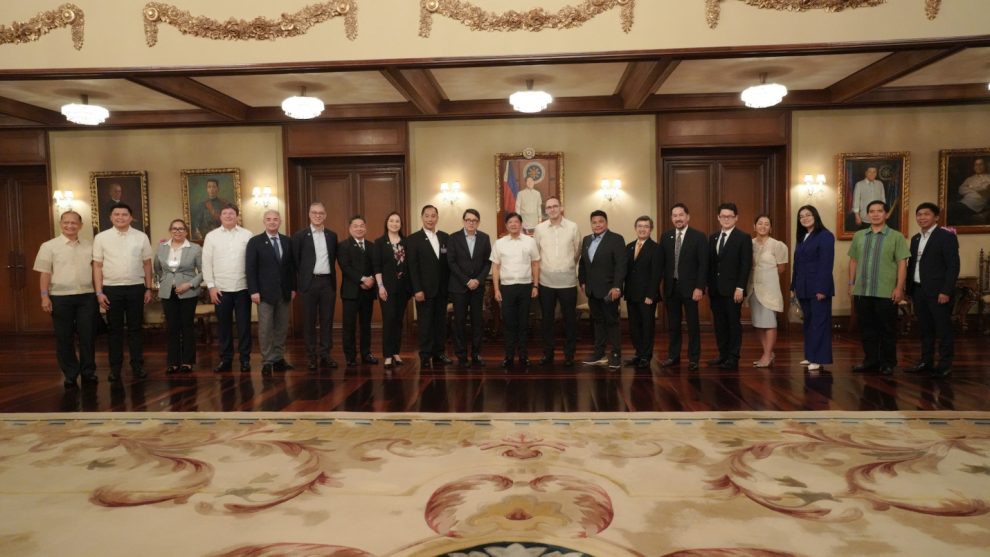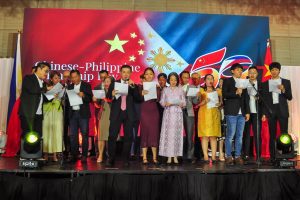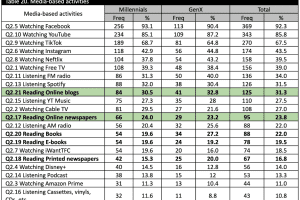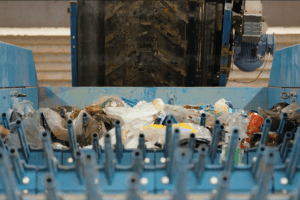President Ferdinand Marcos Jr. met with Go Negosyo founder Joey Concepcion at the Malacañang Palace, as Concepcion led the group of big-brother agriculture companies and relevant government agencies last April 25 to deliver an update on KALAP, or Kapatid Angat Lahat Agri Program. This is the second KALAP meeting with the President after the program’s ceremonial signing with government agencies last March 6.
Among the issues brought up during the meeting was the need for interventions in ensuring that farmers get access to credit – an issue that was the result of earlier consultations with banks and financial institutions on agriculture lending.
During the meeting, Concepcion emphasized the importance of achieving scale. “KALAP needs scale. The five hectares that the small farmers have now is not competitive. At the same time, banks can’t lend to them because the lands cannot be collateralized per agrarian reform law. While right now, there are workarounds by the big-brother companies as they work with groups of small farmers, we need to think about longer term solutions,” he said later in an interview.
The President, for his part, assured the group during the meeting that he will look into each industry concern in detail separately, adding that Landbank and the Development Bank of the Philippines are expanding their credit program coverages to agriculture. He further said he will look into the use of digitalization in farm management as started by Universal Leaf Philippines (ULPI) in the tobacco industry. ULPI’s Winston Uy shared during the meeting the technology they use in tobacco farming, and his intention to share it with other big-brother companies as one of the tools they can use under KALAP.
Other big-brother companies also presented to the President their models that can be used for KALAP. In addition to Uy, there was James Amparo, who shared Yovel East’s model for rice farming, Christian Moeller for coconut, Simon Bakker for cacao, Kais Marzouki for coffee, and Nando Cojuangco for sugar.
Since its signing last March, KALAP has enticed more big agriculture companies to join the program. Banks and financial institutions similarly expressed support for KALAP’s push for easier access to credit for small farmers. The Go Negosyo program aims to transform Philippine agriculture and create jobs by focusing on major agricultural commodities, adopting inclusive business models, and creating an enabling business environment.
“There has been a lot of interest, especially among the big companies on how they can participate in KALAP. There is still plenty of room for solutions and we are open to seeing how we can work with more big-brother companies,” said Concepcion.
KALAP aims to give farmers access to money, markets and mentorship, the three M’s that make for successful enterprises. “With KALAP, we aim to see transformed agricultural commodities, food security, job opportunities, and an industry that is able to meet the requirements of the market, both in quality and quantity,” said Concepcion.
The private meeting at the Palace included the heads of the agri companies who, under the KALAP model, will share their inclusive business models that integrate small farmers into the value chain of large corporations. Key government agencies, meanwhile, will help facilitate the environment to create a productive, profitable, sustainable and competitive agriculture industry.












